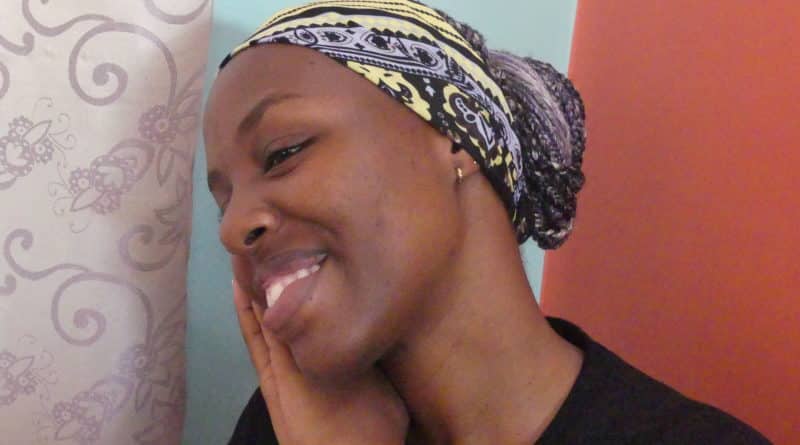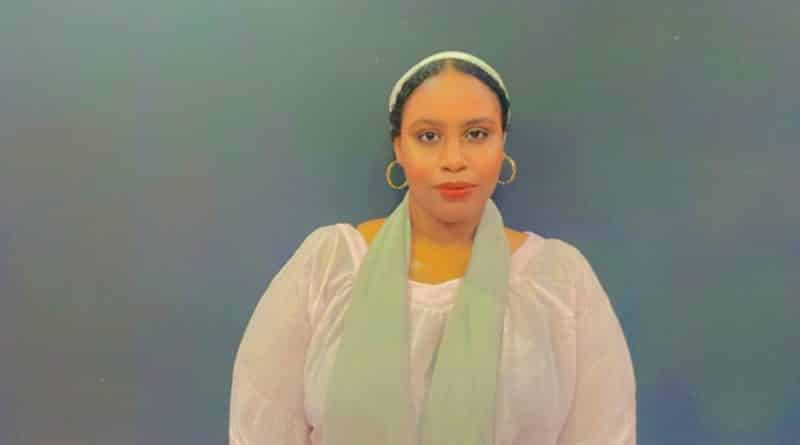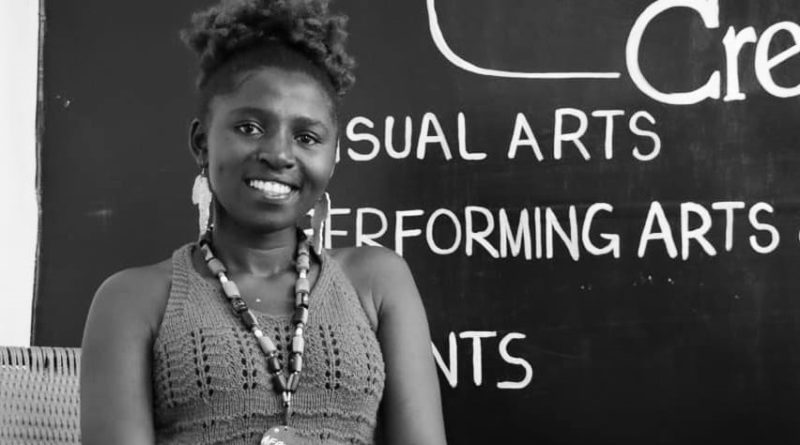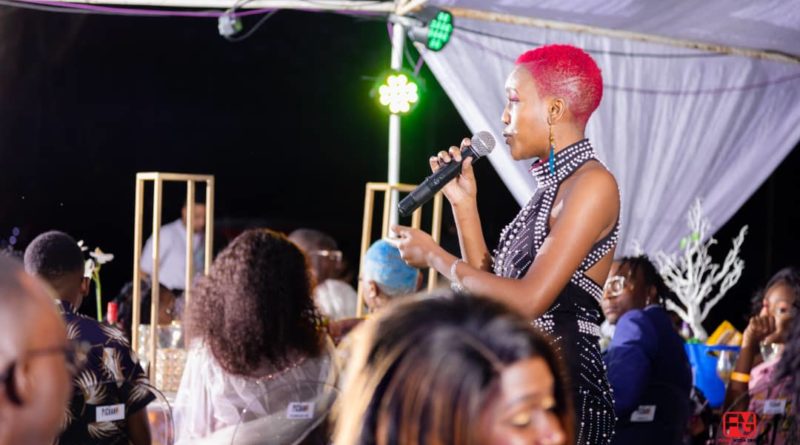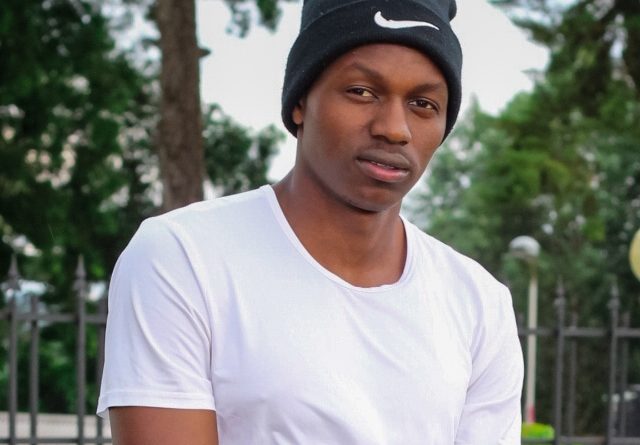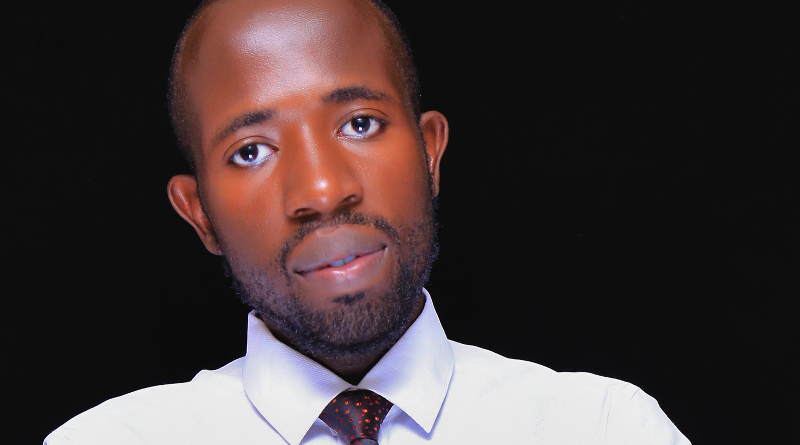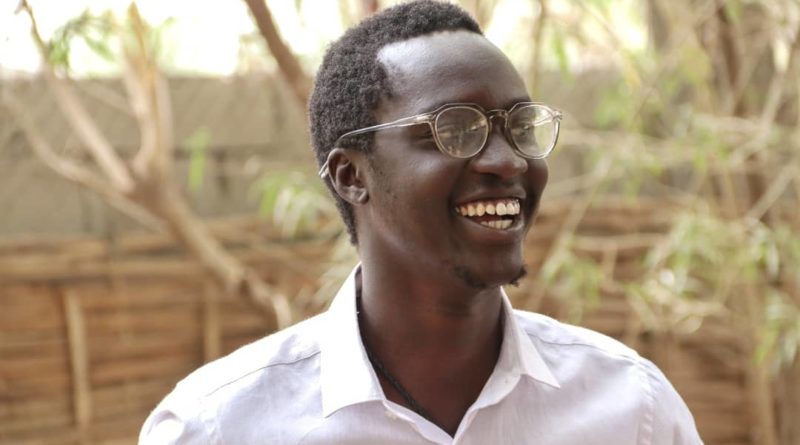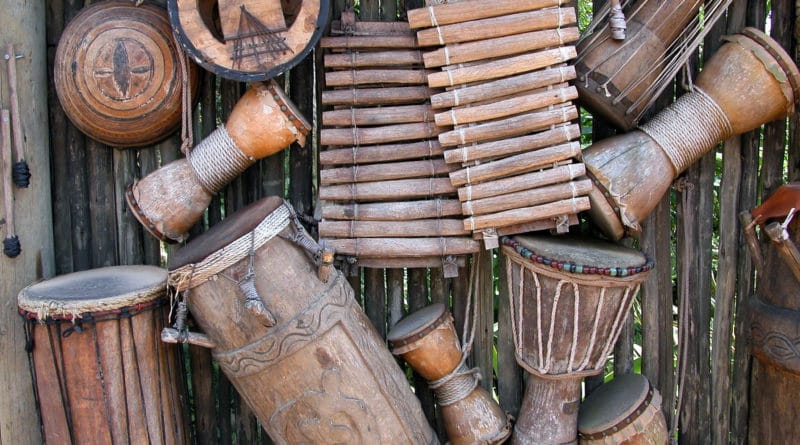“A letter to my best friend” is a letter to oneself, a hope for healing
Tanzanian author Leah Gerald Soko recounts how she wrote this poem at night, her mind storming and troubled. Feeling useless and unable to do anything about her challenges in life and above all, feeling she had no one to talk to, she turned to writing. A letter to her best friend becomes the chance to open up about her innermost feelings, to face her difficulties and encourage herself to accept her pain and be responsible for her own recovery. In Leah’s words, writing has been “a breakthrough towards depression and anxiety” and it represents now a way “to heal and feel strong about myself”.
Leggi di più
